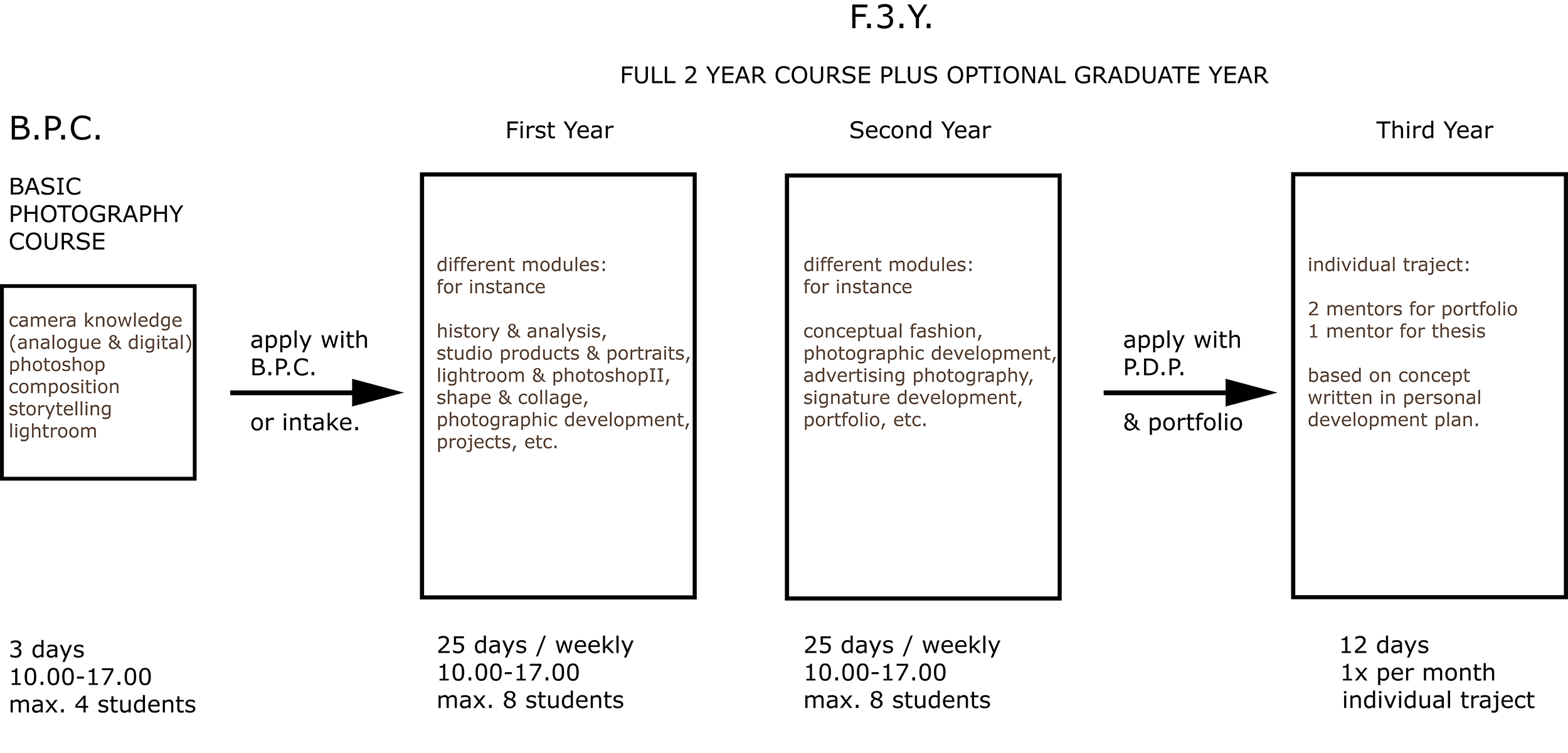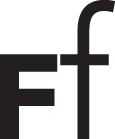ABOUT the FOTOfactory
- the FOTOfactory Amsterdam
- Bethanienstraat 5-B
- 1012 BZ Amsterdam
- the Netherlands
- +31 (0) 20-7766766

International Institute of Photography the FOTOfactory is the most prestigious private educational Institute in the Netherlands, with English spoken photography courses and workshops. Our Photography and Film courses are already more than 25 Years respected by our students. We helped a lot of people all over the world to start a successful professional career as photographer. International Institute of Photography the FOTOfactory is the most prestigious private educational Institute in the Netherlands, with English or Dutch spoken photography and film courses and workshops. It is possible to study in a group (mostly max 4 students) or even 1:1. Often even for the same price. We are known for our high-quality photography courses. We offer a range of programs that cater to various skill levels in a pleasant and inclusive environment. Our students come from all over the world to study photography at different levels. Our courses are presented in a relaxed atmosphere where student involvement is encouraged, feedback is important, and the instructors are always available to answer questions. We teach digital photography, as well as analogue photography. Post-production on a computer or in the darkroom, both is optional. We provide courses or training sessions in small groups or on an individual basis. So develop yourself at the FOTOfactory!
You can book one of our Courses here. Our students are coming from all over the world to study photography at different levels. Our courses are presented in a relaxed atmosphere where student involvement is encouraged, feedback is important, and the instructors are always available to answer questions. We would like to tell you more about the ideas behind our way of teaching and our vision on photography.
OVER the FOTOfactory (dutch)
the FOTOfactory is het meest prestigieuze private film & fotografie instituut in Nederland. Zowel Nederlandse als Engelstalige opleidingen, workshops en intensieve trainingen vinden hier plaats. De docenten hebben ervaringen in allerlei diverse werkvelden. Dit draagt bij tot het hoge opleidingsnivo. Ook de productieve en menselijke benadering van het werken met visuele media geeft creëert een prettige werkomgeving. Feedback gebeurd op een respectvolle manier en de trainers staan altijd vol enthousiasme klaar voor onze studenten. Je medestudenten komen uit alle landen van de wereld en dat maakt het studeren bij ons nog leuker en beter. Elke cultuur kijkt en evalueert beeld namelijk anders. Omdat er bij ons op school vaak naar je foto’s gekeken wordt en ook veel over gediscussieerd wordt, leer je dus ‘wereld’ fotograaf te denken en werken. Dit geeft je een nog beter fundament in je latere fotografie carriere.
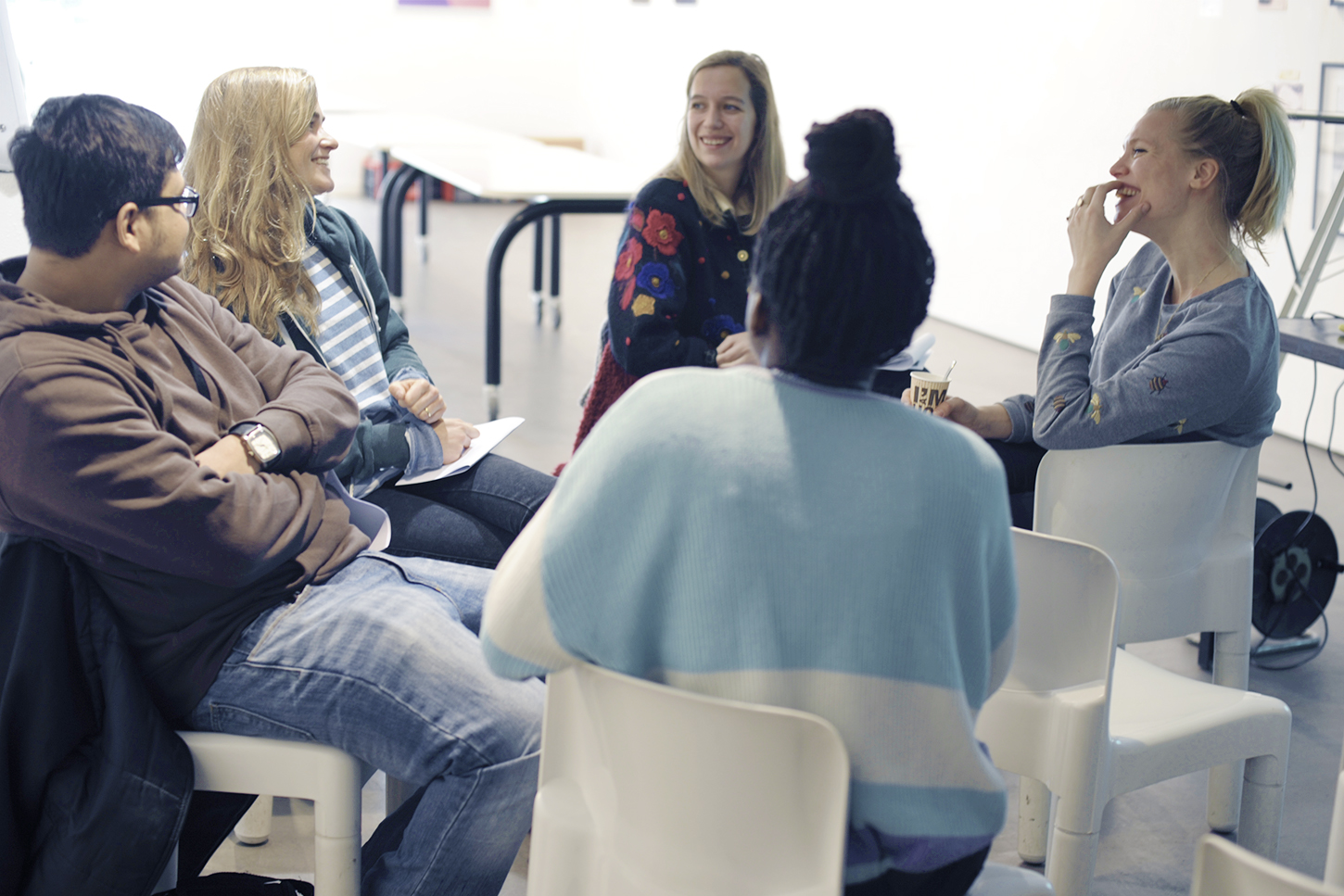
STUDENT-CENTRED LEARNING (SCL)
Student-Centred Learning (SCL) is a process of qualitative transformation for students in a learning environment, aimed at enhancing their autonomy and critical ability through an outcome-based approach. The SCL concept can be summarised into the following elements:
– Reliance on active rather than passive learning;
– Emphasis on critical and analytical learning and understanding;
– Increased responsibility and accountability on the part of the student;
– Increased autonomy of the student;
– A reflective approach to the learning and teaching process on the part of both the student and the teacher.
More info.
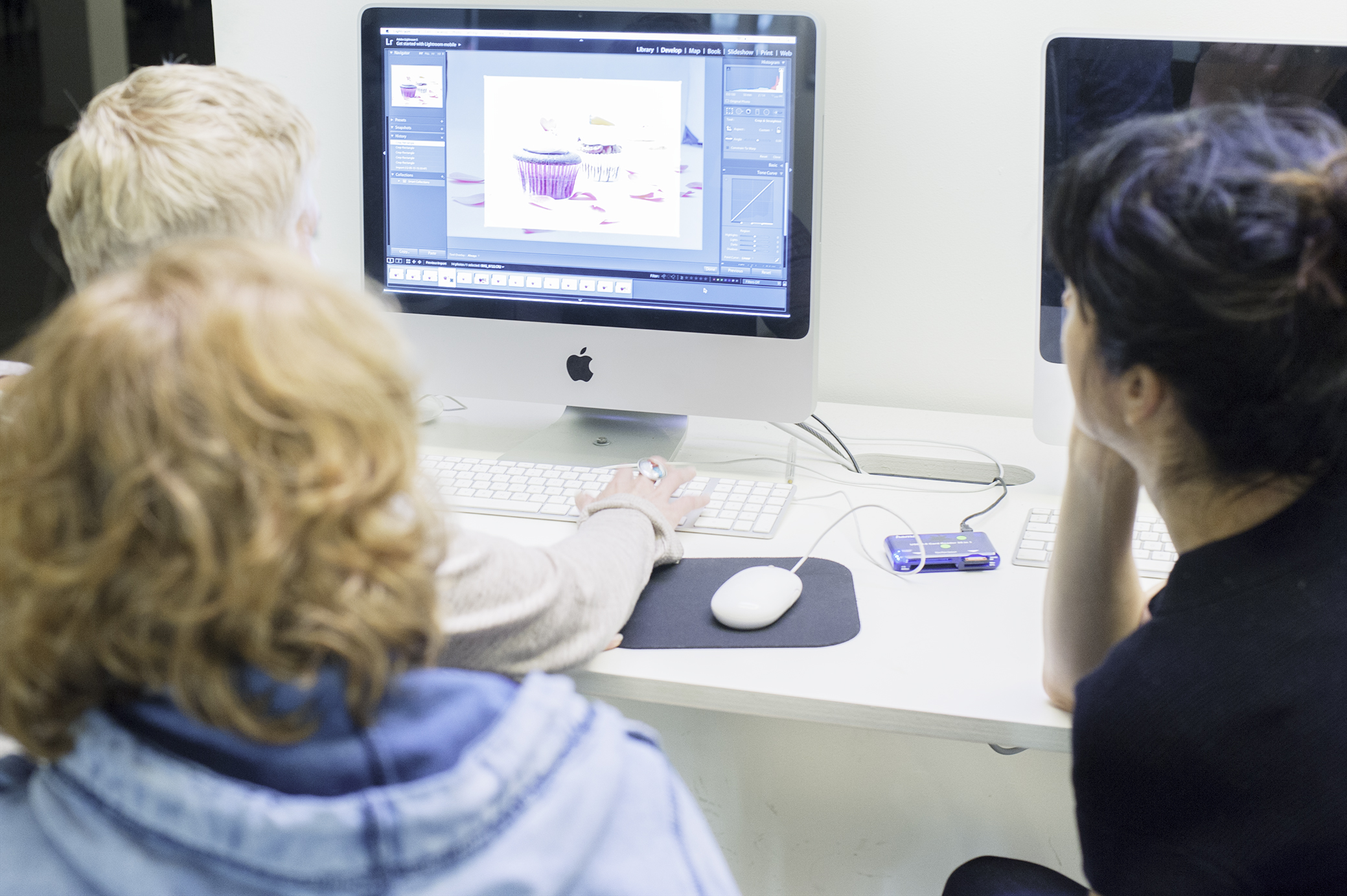
PRACTICE TESTING
For example, practice testing could involve practicing recall of target information via the use of actual or virtual flashcards, completing practice problems or questions included at the end of textbook chapters, or completing practice tests included in the electronic supplemental materials that increasingly accompany textbooks. During the lessons we will test and evaluate the knowledge that you gained earlier and at the end of every school year there are final assessments that you have to finish successful to continue with the next year.
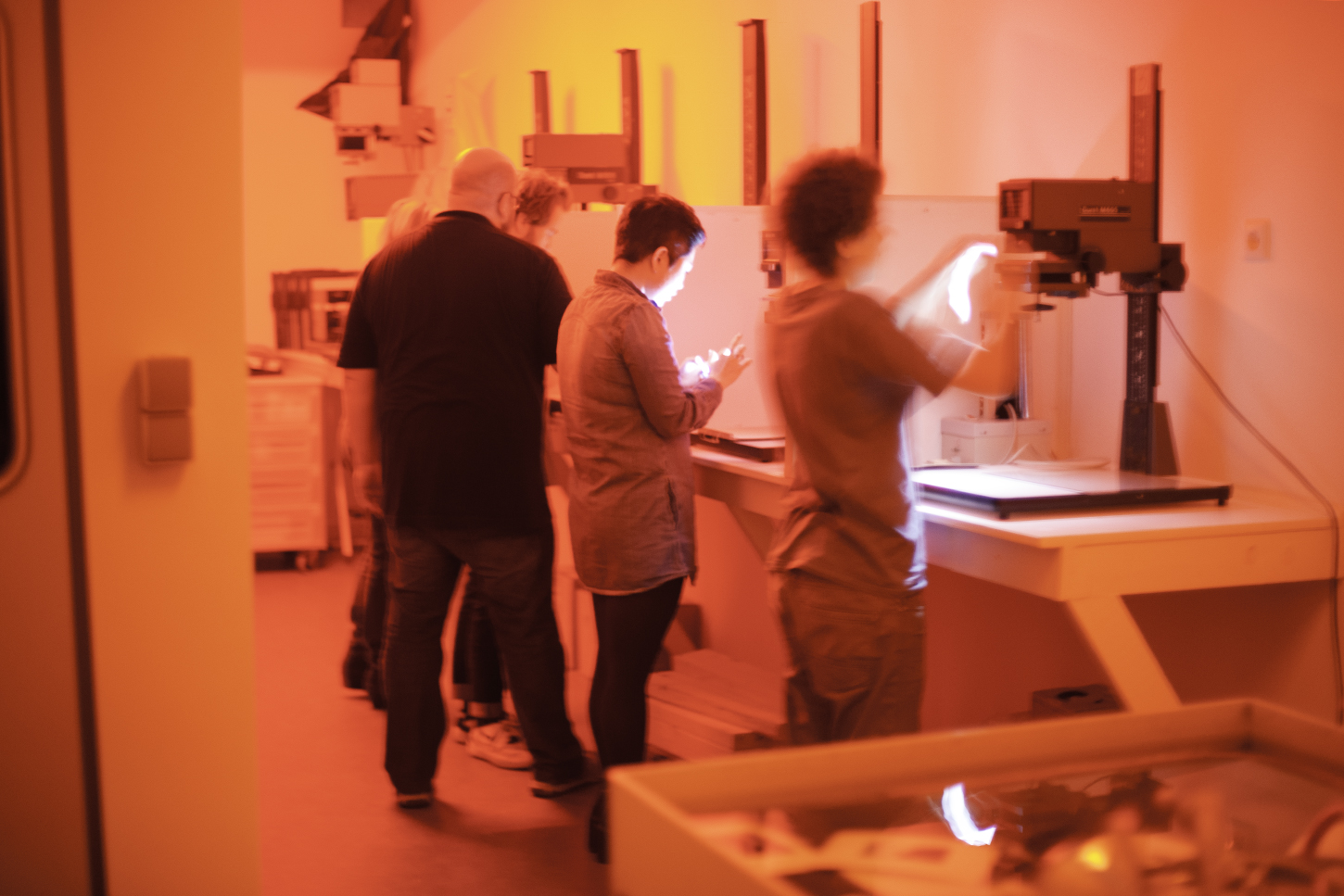
DISTRIBUTED PRACTICE
Distributed practice is the method of dividing your studies over time intervals rather than doing it in one large chunk. This is why cramming for tests does not work; studies have repeatedly shown that distributed practice is better for material retention and absorption. The reason distributed practice works is because it gives the brain time to absorb the information by switching back and forth between focused and diffused mode of thinking. The evidence is pretty clear that spacing your studies is important to remembering what you learn.
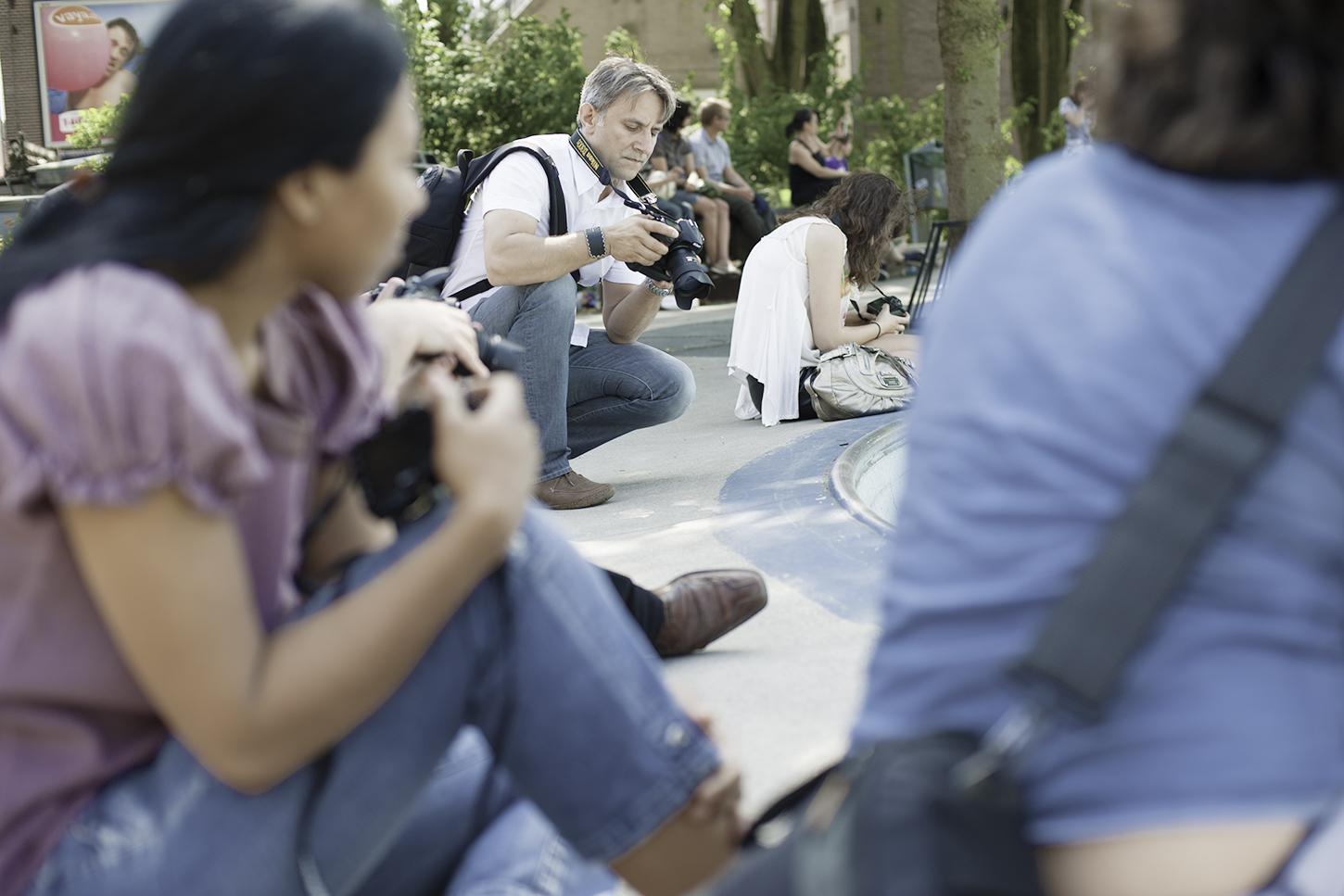
APPLICATION
PROCEDURE
When we start new classes or workshops we want all our students to have, more or less, the same level of knowledge. That will improve the quality and content of the lessons. It also will avoid students to feel lost or bored. Also due to our application procedure, we can make sure that we only have motivated participants.

CREATIVITY BASED ON
TECHNIQUE
A professional photographer has to have the ability to adept to any kind of situation. Knowing how to use your skills will help you to get the job done. Also it will make you more confidant during your work. But what will distinguish you from all the other photographers out there is your own unique vision. That is what makes you unique, that is what we will stimulate.
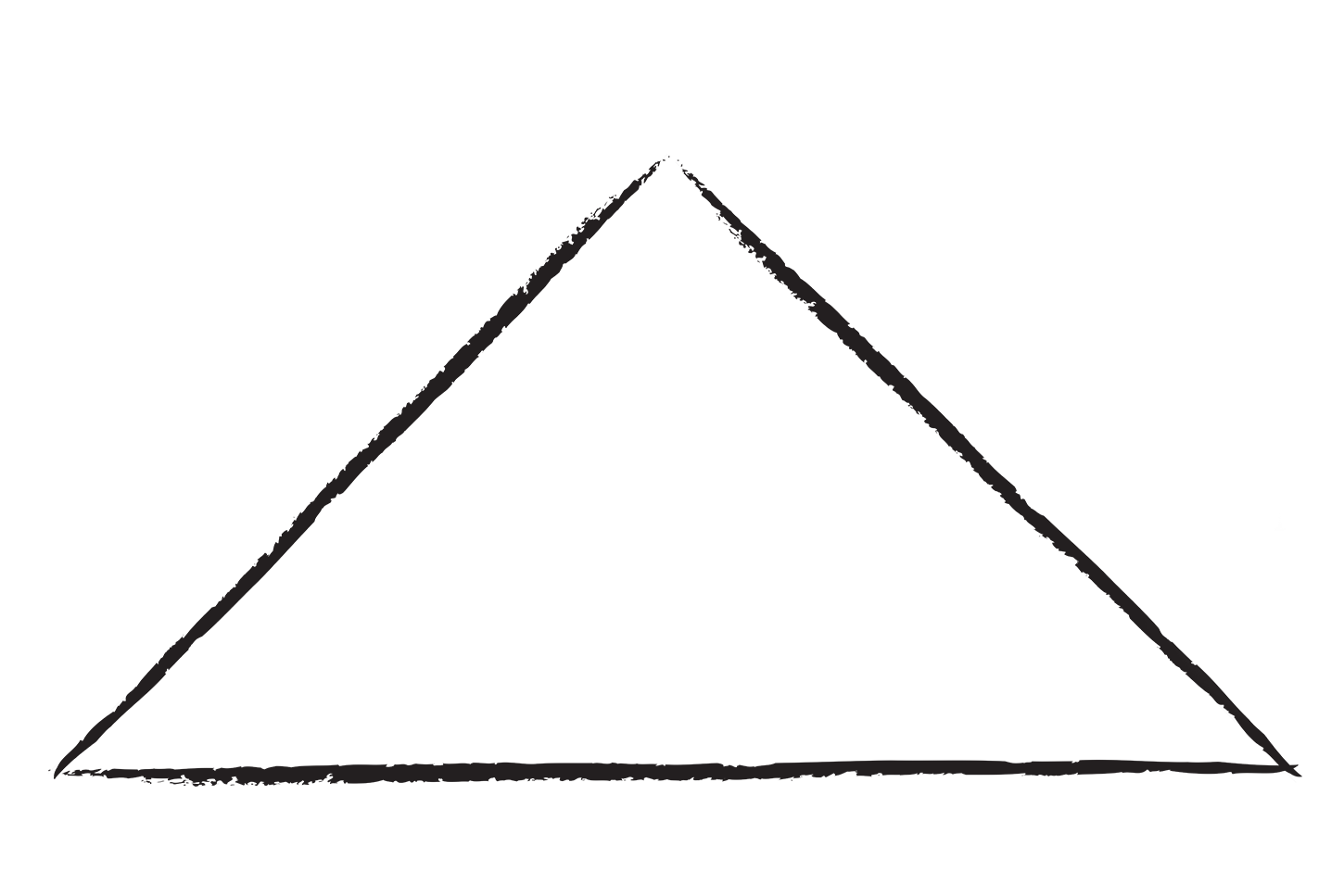
TOP-DOWN
PROGRAM
During the first two years our curriculum is based on this way of teaching. We analysed the competencies that according to us a photographer should have. We created several modules based on technique, concept, vision and playfulness. That way we create a solid base of know-how that will help you to define yourself as a photographer.
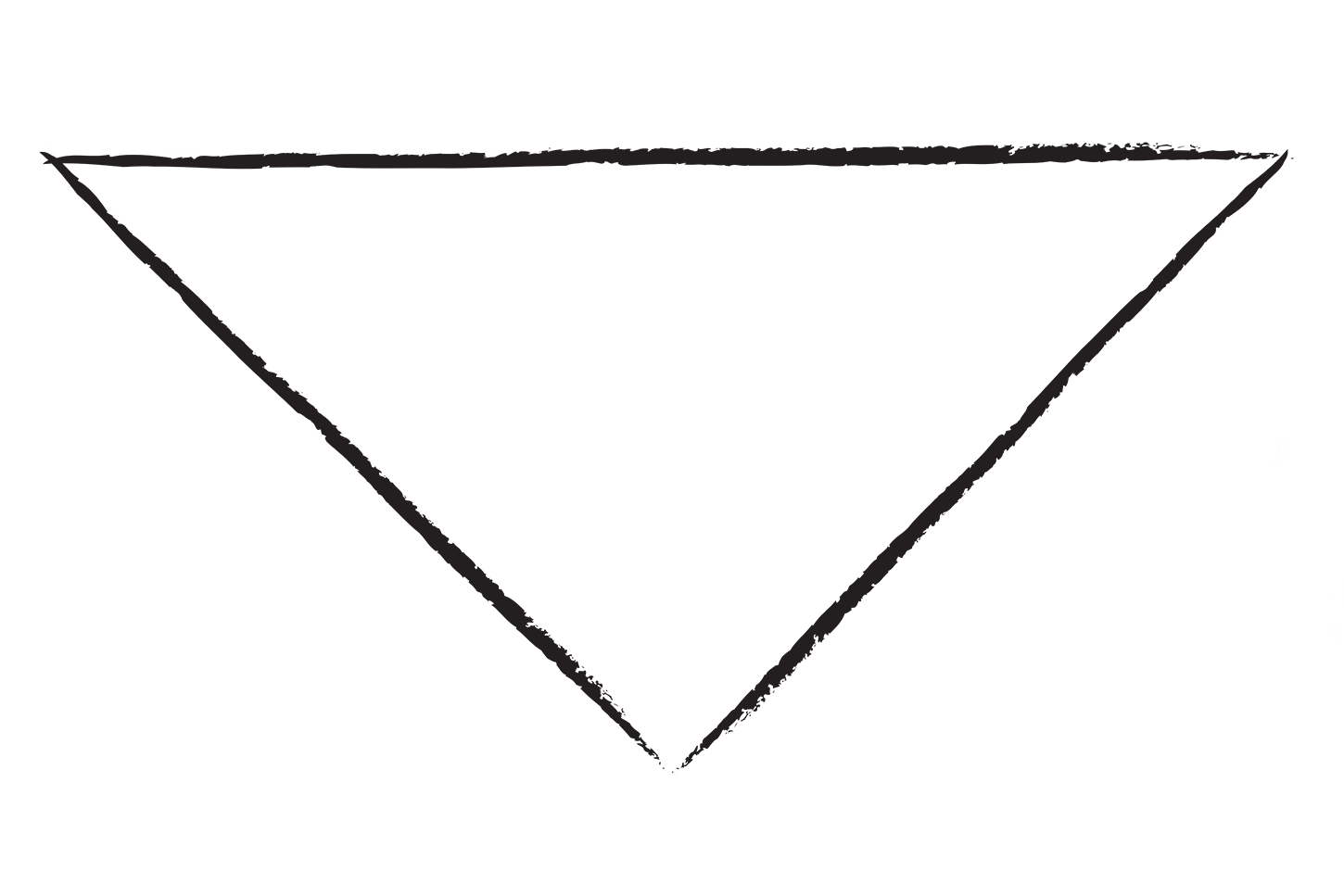
BOTTOM-UP
THIRD YEAR
The third year is all about you. You will select your own mentors, you will decide what your projects should be about, you will be the reference for the thesis that you will have to write. It starts with you and from there on the sky is the limit, you can develop yourself into any kind of photographer. We are just here to help with feedback. More info.
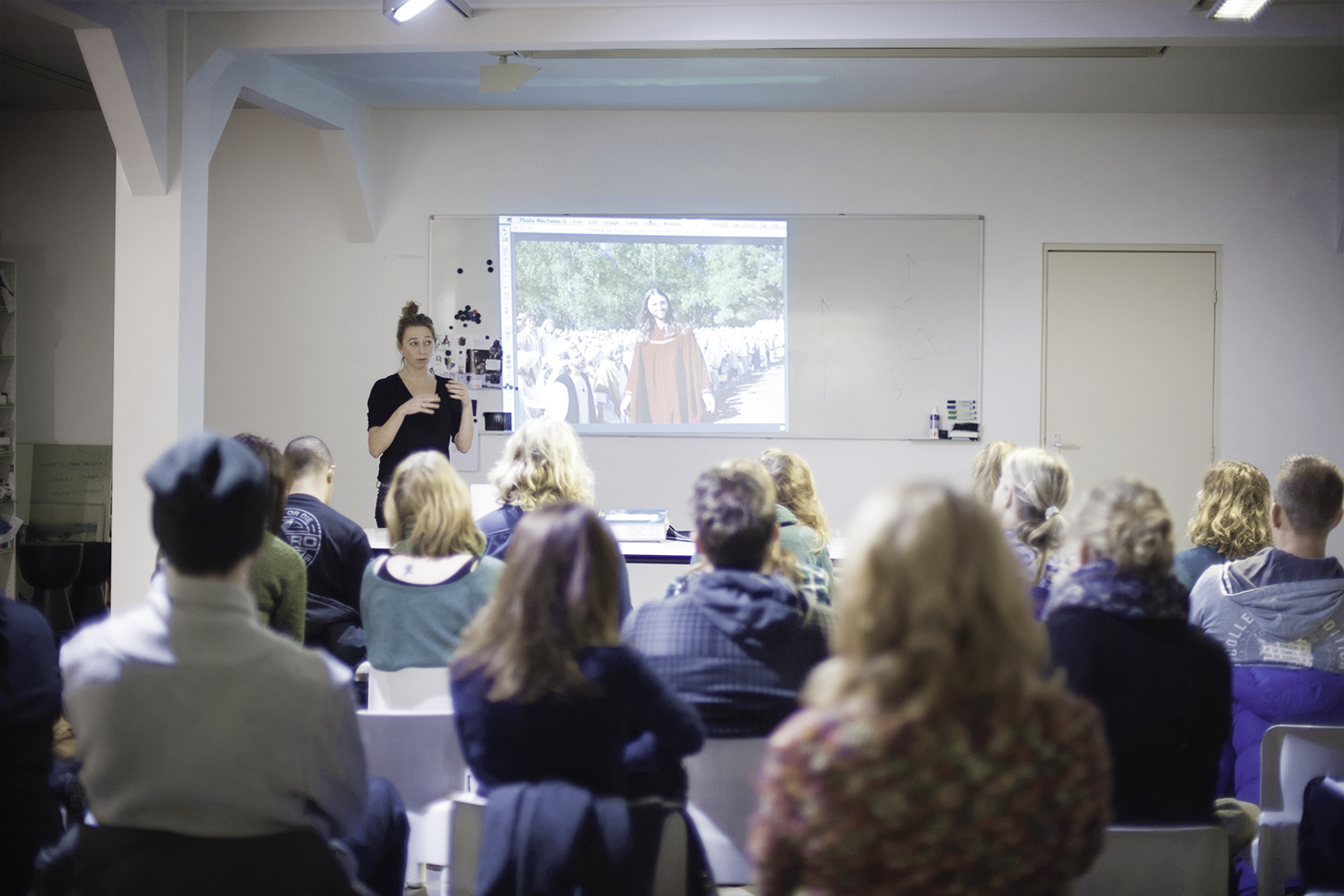
SKILLED
TEACHERS
All our teachers have a lot of experience as photographer or in the field of photography. Every teacher in their own type of work, so we have special teachers for special modules. But being a good photographer doesn’t make you a good teacher. That is why we invest a lot of time in training and coaching our teachers.
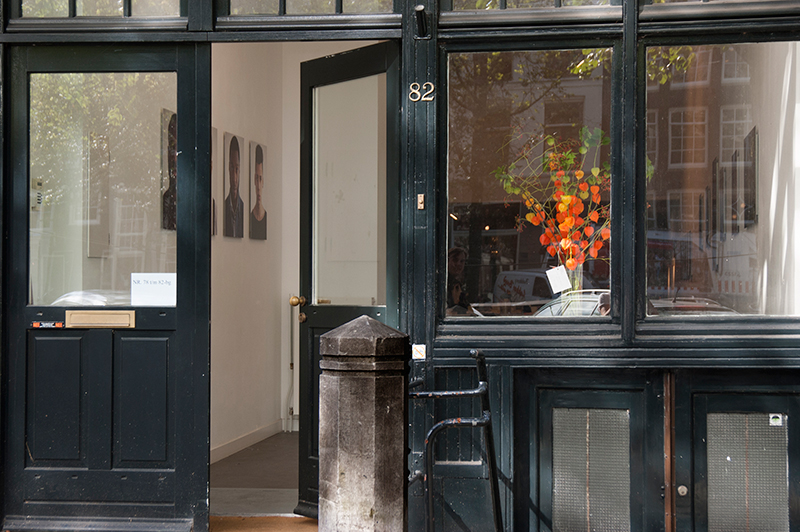
INTEGRITY
Being a private school could be all about earning money. Unfortunately we see that happen so often. For us it is also about passion for photography, passion for our students. Integrity shows in the choices the school makes, extracurricular programs, materials to work with, readiness to help. But also in the fees that we charge our students, because we want to give everybody the chance to study photography. More info.
